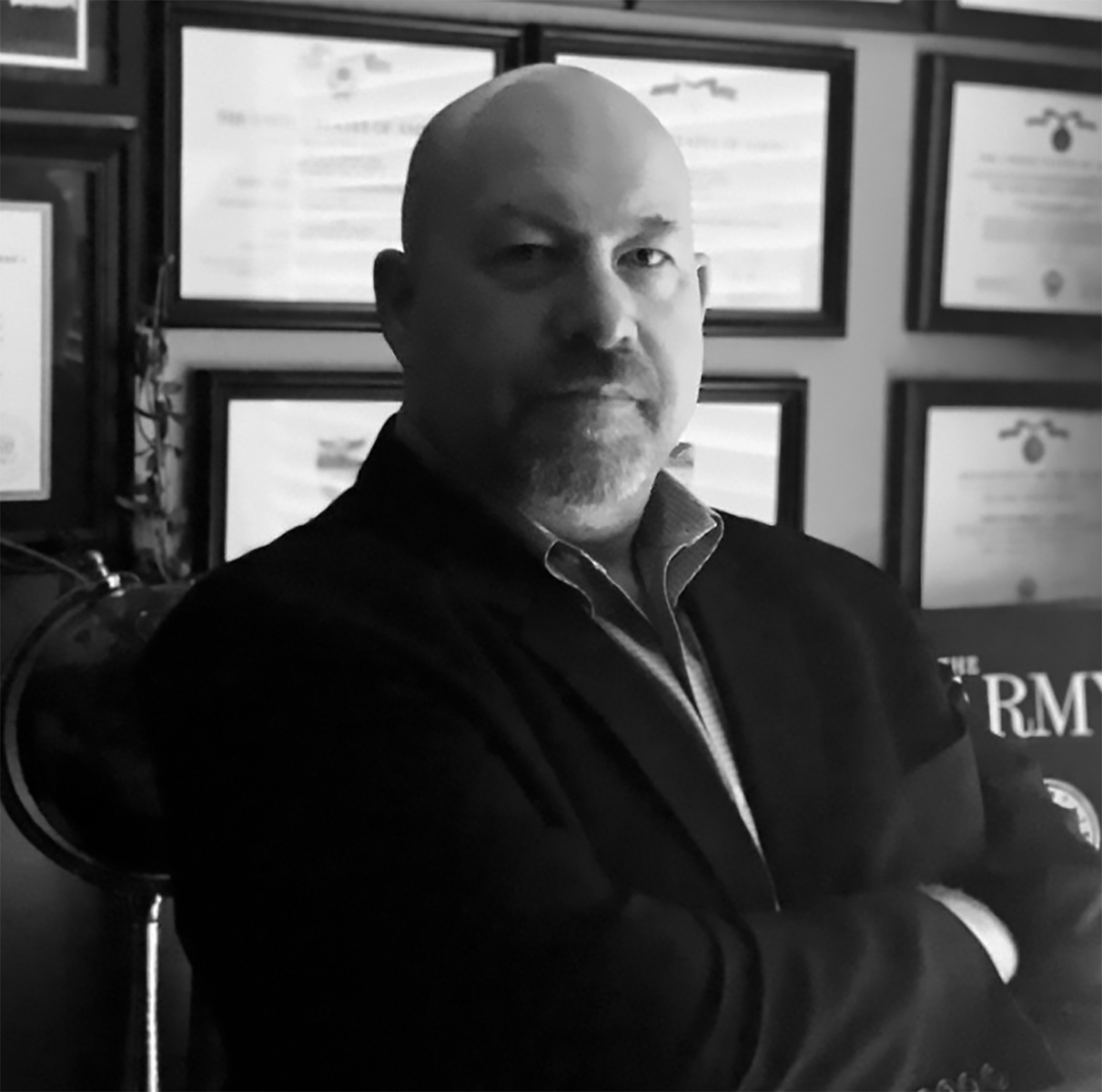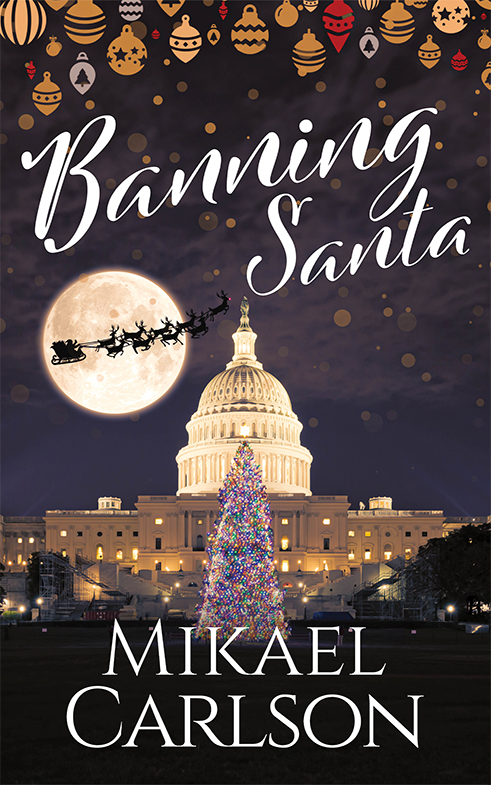A Journey Through Thriller Legends and Hidden Gems
Mikael Carlson, an acclaimed political fiction author and ex-military,
shares insights. He praises thriller legends like Clancy and Flynn,
lauds indie writers’ richness, and juggles writing
with voracious reading and historical research.
Balancing nuanced violence and profanity, he values
character-driven plots and finds political writing a challenge.

PHOTO: Mikael Carlson, Characters, Inspiration, and the Art of Storytelling
Mikael Carlson is an award-winning political fiction author of sixteen novels, including accolades from Readers’ Favorite, National Indie Excellence, American Fiction, and Global E-book Awards. He was named one of the ‘50 Great Writers You Should Be Reading’ by The Authors Show in 2018.
He is a former U.S. Army Paratrooper and retired Army National Guardsman. Mikael graduated with a Master of Arts in American History in 2010 and a B.S. in International Business from Marist College in 1996. He is an avid world traveler and currently resides in Danbury, Connecticut, USA.
Who are your favorite writers? Are there any who aren’t as widely known as they should be, whom you’d recommend in particular?
I love thrillers, so the easy answer is legends like Tom Clancy and Vince Flynn. They are the godfathers of my genre. I do continue to read the bigger names like Lee Child and Brad Thor, but there are a lot of great indie writers out there. That’s where some of the best stories are. The difficulty is finding them, and that’s the challenge for most indie authors.
What do you read when you’re working on a book? And what kind of reading do you avoid while writing?
I am almost always writing, so if I were to avoid certain authors or genres, I would never get to enjoy them. I continue to read what I always do while writing, but I also need to do a lot of research. I include a healthy amount of historical references in my novels, so a great deal of work goes into that. It sometimes leads to a tumble down the rabbit hole, and I end up reading entire dissertations about an event or historical figure for a couple of hours instead of writing.
What kind of reader were you as a child?
I was probably average when I was growing up, but by today’s standards, I would call it voracious. We didn’t have Netflix or smartphones, so I always had a stack of books from both the school and public library in my room. I loved a series called The Three Investigators when I was in grade school. By middle and high school, I was reading Tom Clancy, Vince Flynn, and similar thrillers.
Have you ever changed your opinion of a book based on information about the author or anything else?
Ah, the JK Rowling question. The short answer is no, at least in fiction novels. If I’m reading non-fiction, information about the author may make me take a closer look at their perspective. In fiction, however, that doesn’t apply. A reasonable person can admit someone is a good actor even if they despise their personal beliefs. The same holds true for writing. If a reader decides to no longer purchase an author’s work because they disagree with certain views, that is absolutely their prerogative. It doesn’t mean that the novels from that author are garbage.
What do you plan to read next?
I get contacted by new authors on a regular basis, and I have a growing backlog of their books to read. I am trying to finish the last of Lee Child’s Jack Reacher novels as well. I wish I had more free time to read, but it can be difficult when writing three novels simultaneously as I currently am.
Do you use graphic violence or excessive profanity in your novels? Do you feel that adds or takes away from the story?
Whether something is graphic or excessive is in the eye of the beholder. When I was in the Airborne, we would drop f-bombs in multiple forms three times every sentence. It was never considered excessive. That said, there is violence in many of my novels, but I would not consider it graphic. I don’t intend to shock the reader with grotesque descriptions. I apply the same technique to profanity. I believe constant cursing is tiresome to read and can detract from the story itself. There is a time and a place where it is appropriate because the character saying “darn” when staring down the barrel of a gun doesn’t feel strong enough. In writing, a little profanity can go a long way when done correctly.
What do you feel is the biggest flaw in modern literature?
I will apply this to movies and television series as well – lack of a cohesive plot and weak character development. I’m a big believer in character-driven plots. The decisions we make affect our lives, and I try to translate that into my stories. Too often in modern writing, character decisions make no sense other than to bring about a specific end. These plot-driven stories may be compelling, but they make no sense if I don’t believe the character would have made the choice that led up to it. That’s where character development comes in. Too often, characters don’t learn or grow. We all change as people over time. Even in the span of a novel, a character will face situations that fundamentally change them. If writing doesn’t capture that, I lose interest.
You write about politics and the political process. Do you find that difficult in today’s society?
I won’t lie – it is a challenge. Events in American politics over the past decade have stolen a lot of material and made people very jaded. It’s also blurred the lines separating the possible from the impossible, but that’s the only plus. Politics is everywhere today, and I consider reading a form of escapism, so I keep the focus on the story and characters, not the issues. When I do address them as part of the story’s plot, I steer clear of preaching and am careful to present balanced views. My job as an author is to entertain, not sway opinion.
You have multiple series and main characters. Where do you get your ideas for stories and your characters?
Everywhere. I love to travel, feeding my soul with experiences in different environments and cultures while giving me time to think. Often, ideas simply pop into my head. I carry a small notebook around and often jot down random thoughts that eventually become a novel. As for characters, I borrow attributes from people I know or meet in passing. Airports are the single greatest place for character development. Outside of people-watching, I can just strike up a random conversation with someone, and voila!

PHOTO: Discover the whimsical world of ‘Banning Santa,
where a town’s unexpected decision sets off a heartwarming adventure,
exploring the true essence of the holiday spirit and the power of belief.
Testimonials
“As a writer, Carlson specializes in dialogue and situations that transcend the page and engage readers on an emotional and visceral level.” –Best Thrillers
“Mikael Carlson has a great writing style, and the book is well-written and easy to read.” –Carol Coetzee for Readers’ Favorite
Excerpt from Banning Santa
“I know you memorized my upcoming calendar. Please tell me we don’t have any important agenda items on the subcommittee schedule.”
“It’s the holidays, ma’am. You know better than I that Congress isn’t doing anything important for the next month. That includes your subcommittee. We don’t even have a meeting scheduled.”
She does know that. Americans have exceptionally short attention spans over the holidays. It’s why Congress uses lame-duck sessions to pass controversial bills after their biannual elections. Few people outside the Beltway media are paying attention.
The slow news coming out of the nation’s capital creates an opportunity. They will cover any story that captures attention and has a gripping storyline. Camilla thinks she has the perfect thing.
“That’s about to change. I just saw something…I think I know how we can become the talk of the country. We’ll discuss it when we return to D.C.”
“Okay,” Marcia says in an upbeat tone. “Can you at least give me a preview?”
Camilla grins. “We’re going to create a Christmas miracle that guarantees my reelection.”
“How?”
Camilla watches the distraught parents, police, confused mall employees, an anxious manager, and crying children huddled around Center Court. It’s the perfect moment to illustrate Christmas in modern America.
“We’re going to ban Santa Claus.”
Follow Mikael Carlson
- Web: https://www.mikaelcarlson.com
- Amazon Author page: https://www.amazon.com/stores/author/B00FQJMPT4
- Goodreads Author page: https://www.goodreads.com/author/show/7336984.Mikael_Carlson
- Facebook: https://www.facebook.com/authormikaelcarlson
- Twitter: https://twitter.com/MikaelCarlson
- Instagram: https://www.instagram.com/author_mikael_carlson/
- LinkedIn: https://www.linkedin.com/in/mikael-carlson-97b47675/


Leave a Reply